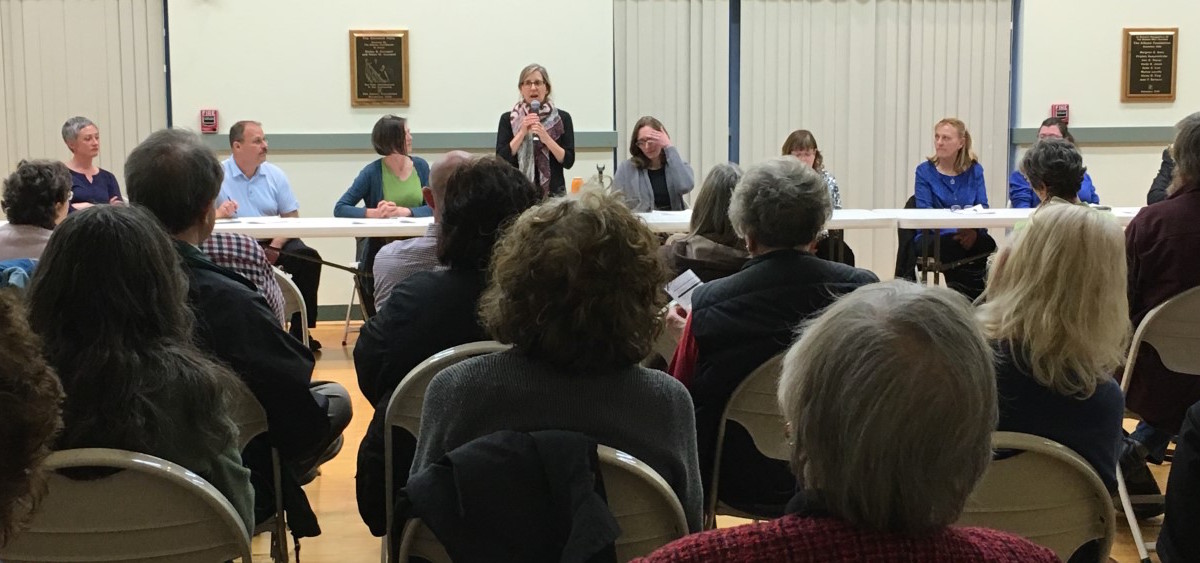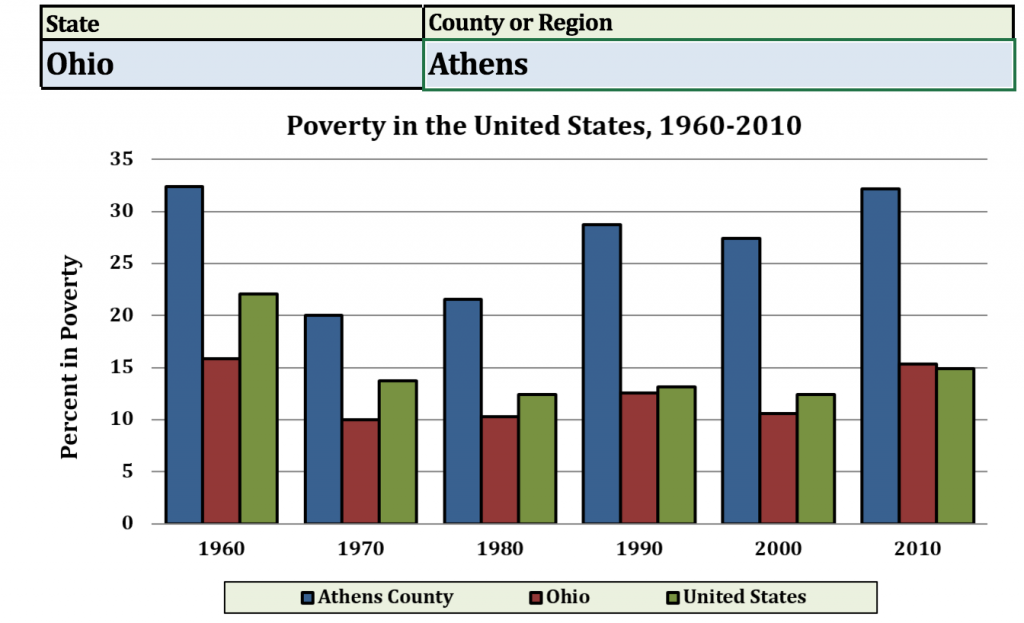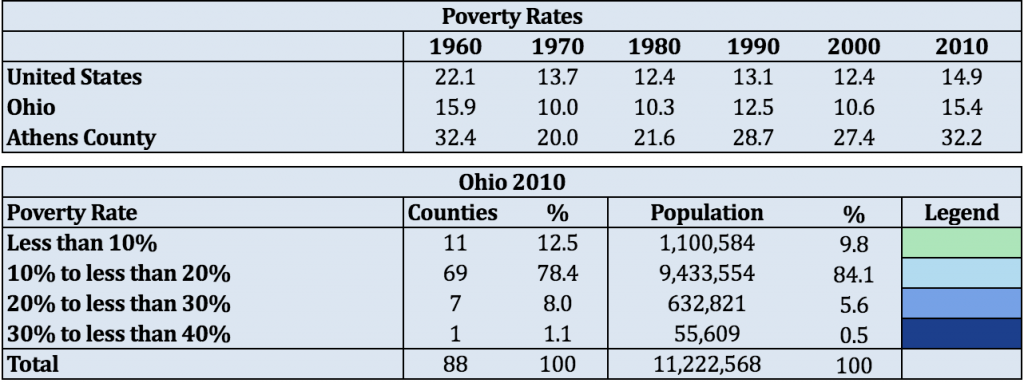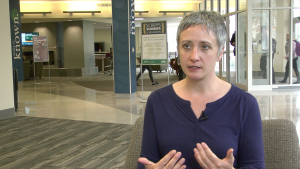News

Homeless in Athens County Made Invisible
By: Micaela Marshall
Posted on:
While most residents are aware of the high rates of poverty in the county, many are unaware of how many Athens County residents face housing instability issues.


Kelly Cooke, Executive Director of My Sisters’ Place and Chair of Athens County Housing Coalition said, “I don’t know if we can specifically call it a homeless problem, but we have a housing and stability problem for sure and that is tied to our poverty rate which is very high.”
Each year the Department of Housing and Urban Development requires jurisdictions receiving federal funds for homelessness to conduct a Point-and Time count. That process involves people walking around with clipboards tallying any homeless person they see.
The method is not as effective in rural areas because it is rare to see someone living on the street in Athens County. Most homeless in Athens County tend to “double-up.” This includes couch surfing, or staying with family or friends in already overcrowded conditions. That becomes a problem when the host home is public housing which limits the length of time a guest can stay. Such doubling-up increases the risk to both the guest and the host already living in poverty.
“We are deeply in Appalachia where people who are kind of living on the fringes tend to be friends and family with people who are also,” Cooke said. “We don’t have a lot of people who are what we call HUD homeless,” Cooke said. “HUD really only wants to know about people who are staying in a place not meant for human habitation.”
Cooke says Athens doesn’t have many people living in tents, cars or on the streets.

“It’s tricky though because that is the number we have to report, and it’s low, and that is tied to funding,” she said. “So the HUD method of counting homeless people does not really fit who we see and by we, I mean people who are serving people who are at-risk of homelessness – It just doesn’t quite get at what our problem is.”
Cooke said the problem really is: housing instability, lack of funding and lack of affordable housing.
The Athens County Housing Coalition worked with multiple other agencies in the county to develop “Coming Home: The Athens County Plan to End Homelessness.”
The 10-year-plan, which was created in 2013, has three main parts: the first focusing increasing the amount of permanent affordable housing through grants and federal programs.
“Homeless people use a lot of resources,” Cooke said. “One thing that the research has found is that it is less expensive to just house someone than it is to meet their needs when they’re homeless.”
The second part of the plan works to prevent homelessness.
“Sometimes it’s really not that much money to prevent someone from becoming fully homeless,” Cooke said.
The third part of the plan focuses on economic and job development aimed at increasing home ownership.
The League of Women Voters of Athens County sponsored a forum Wednesday night. A panel of representatives from the Athens Housing Coalition, Athens Metropolitan Housing, Integrated Services, the Veterans Administration, the 317 Board, Good Works, Timothy House, My Sisters’ Place and the John Clem Recovery House discussed their efforts to combat homelessness in Athens County.
Mary Costello, co-president of the League of Women Voters of Athens County sponsored the forum to bring awareness to the community about the problem, who is working to fix it and how the public can help. She said that even if the HUD numbers seem low, homelessness is still a major concern.
“I would say, frankly, if there’s one homeless person, it’s a problem,”Costello said. “No one should be homeless.”
Cooke said that even though this problem will never completely go away, there is hope for homeless people in Athens County.
“I think one of the strengths about our area is that people don’t really let their friends or relatives becomes homeless – actually homeless,” Cooke said. “People have stronger family ties here, I think, and will take someone in.”

